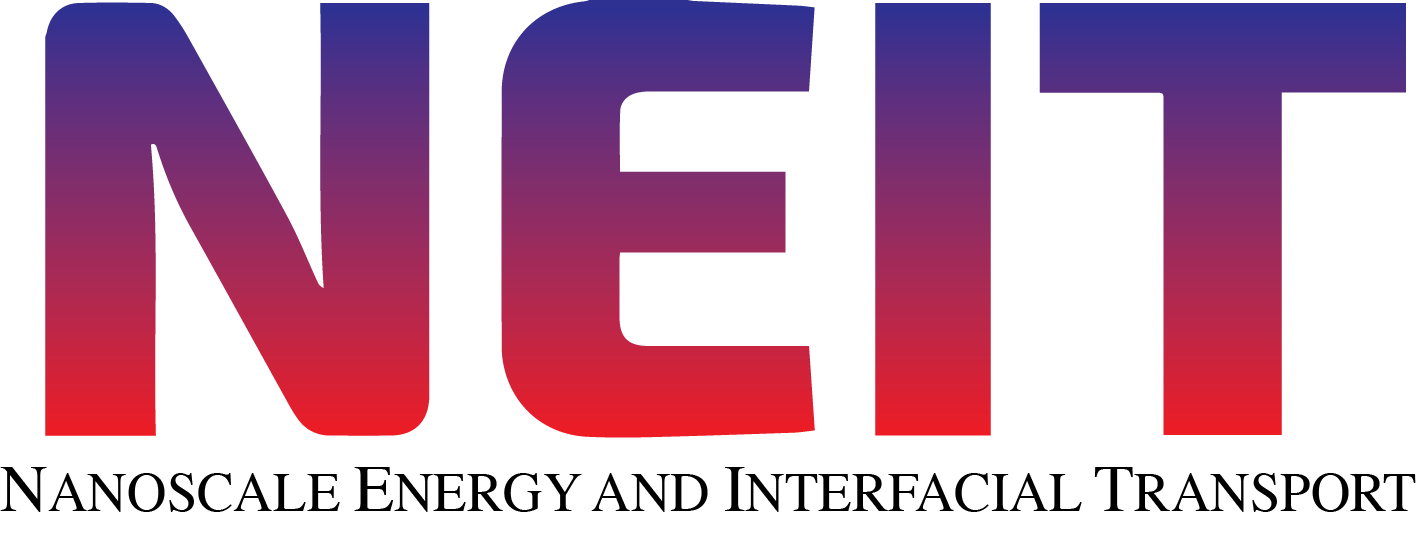Title:
NSF Career Award
Students:
Description:
Technology advances in micro- and power-electronics have revolutionized the way people work, communicate, and live. However, the miniaturization and high power densities require enhanced cooling technologies for reliable operation. Two-phase liquid cooling, such as direct evaporation from microscale droplets, utilizes the high latent heat of vaporization to effectively dissipate heat. Evaporation from non-spherical droplets, owing to their larger surface area and meniscus curvature, exhibits very different evaporation rates compared to a spherical droplet. Consequently, cooling rates can be enhanced by using micro-engineered surfaces to control droplet shapes. This project will establish a theoretical and experimental basis for breakthroughs in two-phase cooling technologies that can unleash the full potential of next-generation electronics used for data centers, electric vehicles, and artificial intelligence. This project seeks to identify the different modes of heat and mass transfer during the evaporation of non-axisymmetric microdroplets. While sessile droplet evaporation has been studied extensively over the past hundred years, most of them have only focused on the evaporation of droplets with capped spherical shapes. Consequently, how different evaporation mechanisms are affected by the non-axisymmetric droplet shape and how the droplet geometry is controlled by micro-engineered structures remain unclear. This project seeks to elucidate how the geometry and dimensions of micro-engineered structures affect the contact line dynamics, thermocapillary flow, interfacial transport, and vapor diffusion characteristics for evaporating non-axisymmetric microdroplets. Novel experimental methods will be utilized based on a pressure-controlled microfluidic system, micro-particle image velocimetry, and planar laser induced fluorescence imaging to quantify evaporation mass transport and capture the local flow and temperature patterns. These approaches will advance experimental techniques in thermofluidic fields for probing the transport mechanisms of liquid-vapor two-phase systems, providing insights into liquid-vapor interfacial mass transport, micro-convection, and vapor diffusion during evaporation of non-axisymmetric microdroplets
Pictures:

